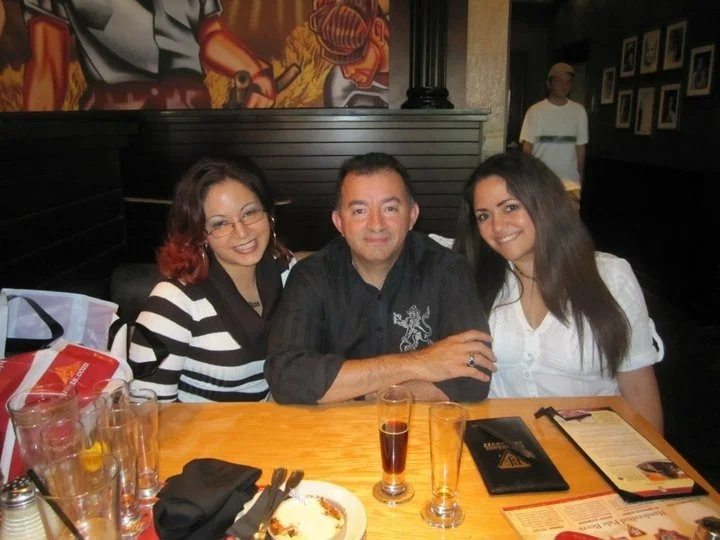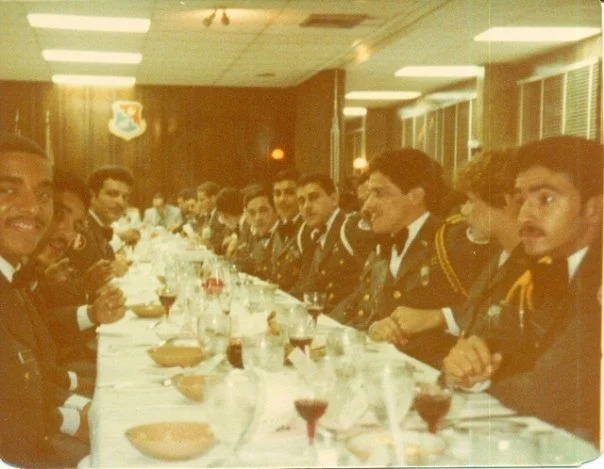“What If?” Is a Scary Phrase
/Recently, a close friend of mine lost his father. Naturally, it got me thinking about my relationship with mine.
The first thing that hit me—hard—was the reminder that life is fleeting. People come and go. Bad things happen, good things happen. There are moments of pure joy and relationships that shape us… and sometimes break us. Some of those memories have even led me into hours of therapy I’m still not sure how I paid for. But I digress.
My younger sister, dad, and me
I didn’t have a close relationship with my dad growing up. He just wasn’t around. That’s not to say he didn’t care—it’s just complicated. Military life comes with its own set of rules. For one, I never had a friend longer than two years. Not because I wasn’t a good friend, but because we all moved constantly. I still remember my best friend from elementary school moving to Alaska. (How were we supposed to keep in touch without the internet back then?)
My dad spent nights on base, weekends in training, and eventually re-enlisted after a short-lived retirement—this time in Panama. Needless to say, he missed some of the most awkward and formative years of my life: the teenage ones. And honestly, I’m still not sure about all the reasons why he wasn’t around more.
Then, when I was about 27, something shifted. Out of nowhere, my dad reappeared and started reaching out consistently. We don’t see each other all the time, but we email regularly. And through those conversations, I’ve started to see parts of myself in him. I finally understand where my personality came from.
Still, I can’t help but wonder about the future.
Even something as joyful as wedding planning has brought its challenges. Getting a response from him about anything is like pulling teeth. And while I want him involved, I feel caught between not wanting to try too hard and fearing the regret of never having tried enough.
I want him to be part of my life now. I want him to be part of my future kids’ lives. I want him to show up—not just for the big events, but the small moments too.
I don’t want to look back and ask, “What if I had tried harder to build that relationship?”
Because, honestly? That’s all I really want.
A better relationship—before it’s too late.
My dad back in the day on the bottom right corner








